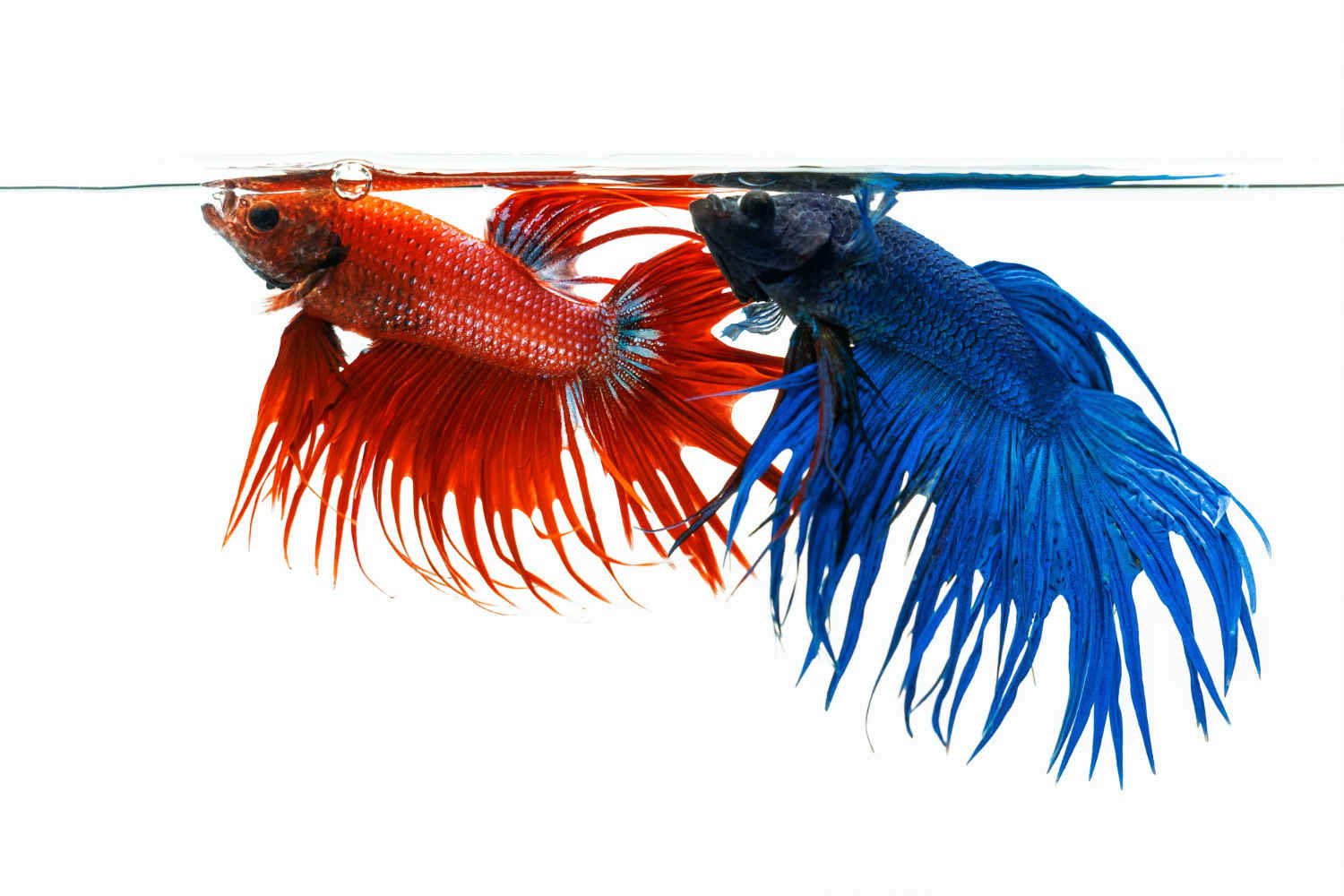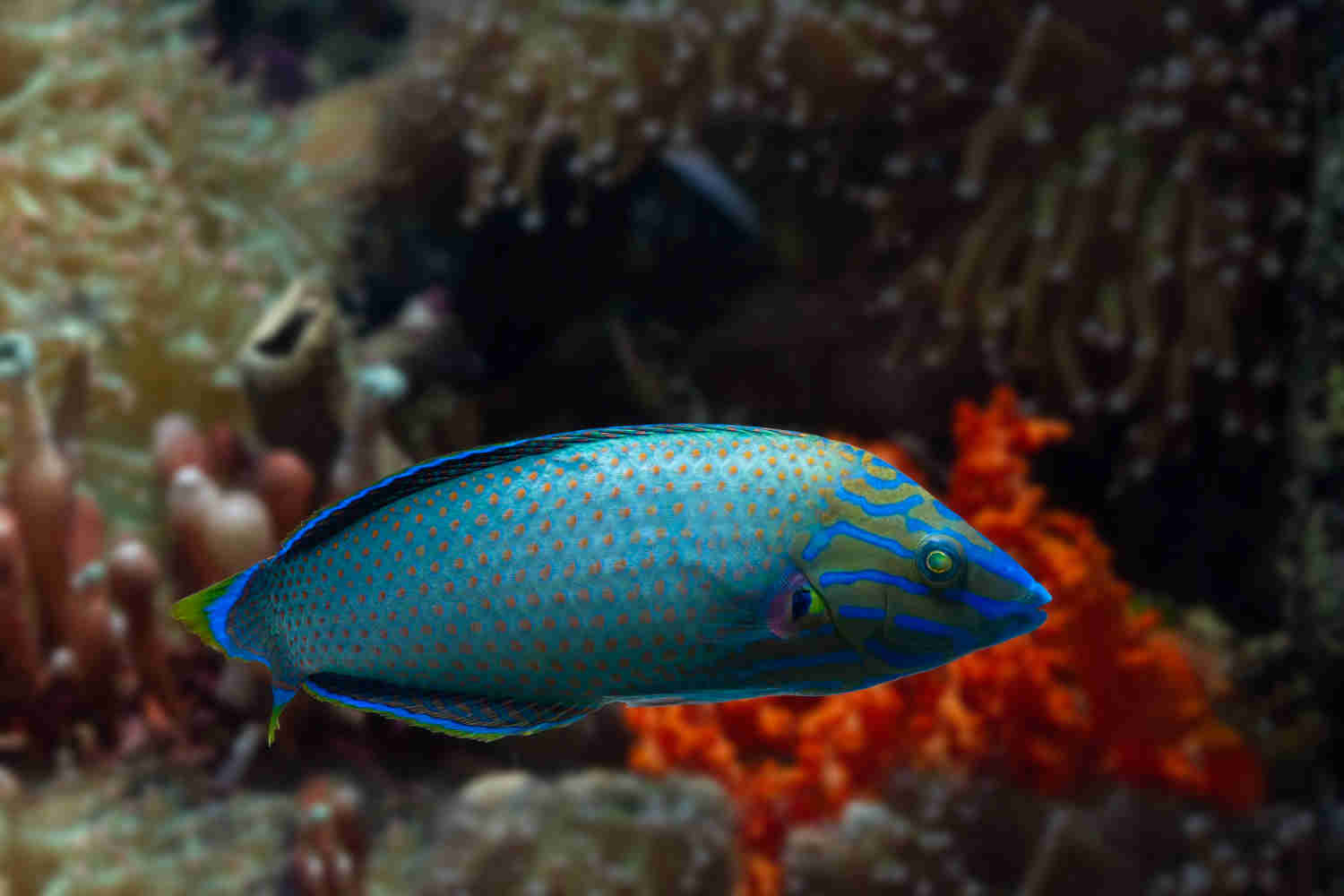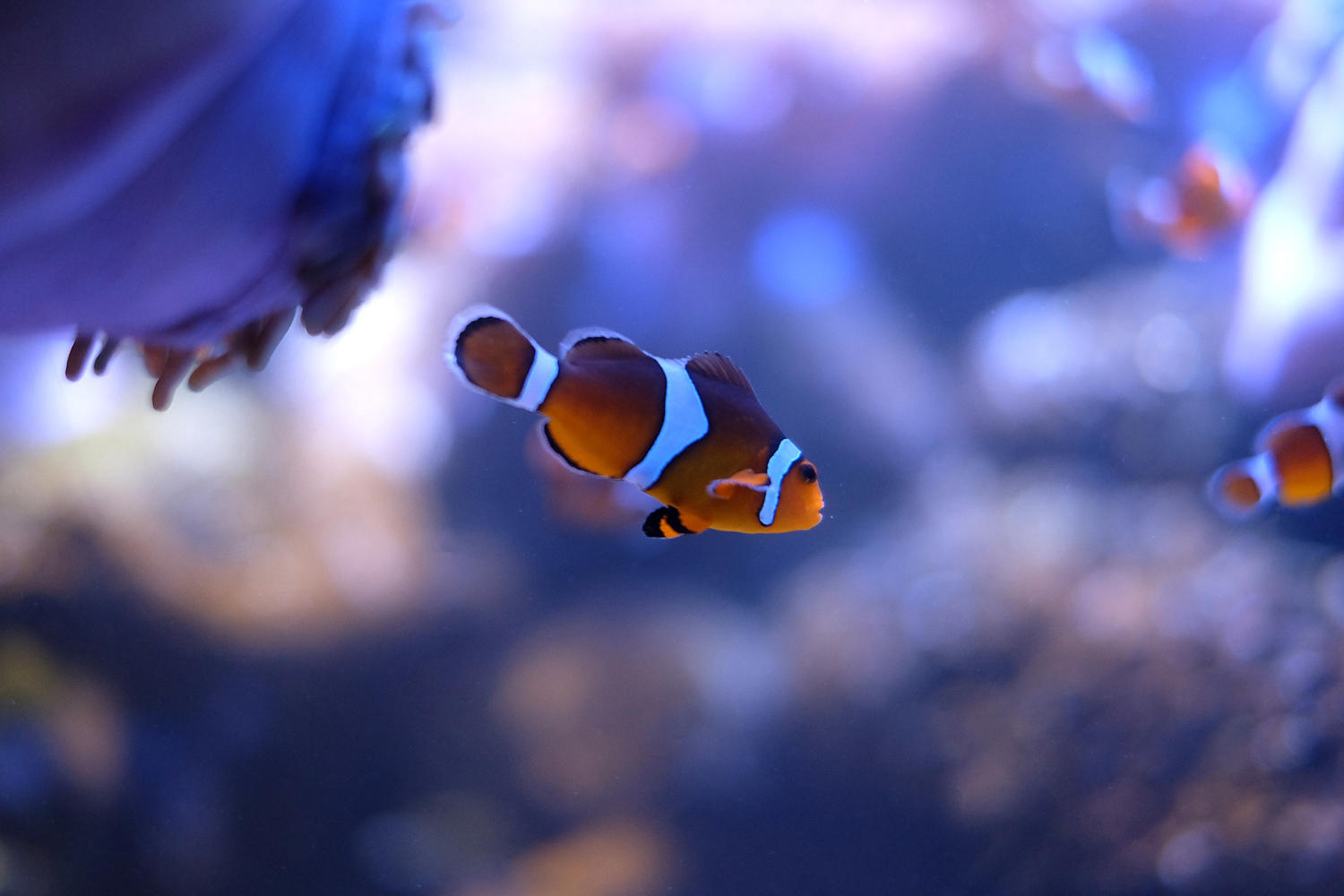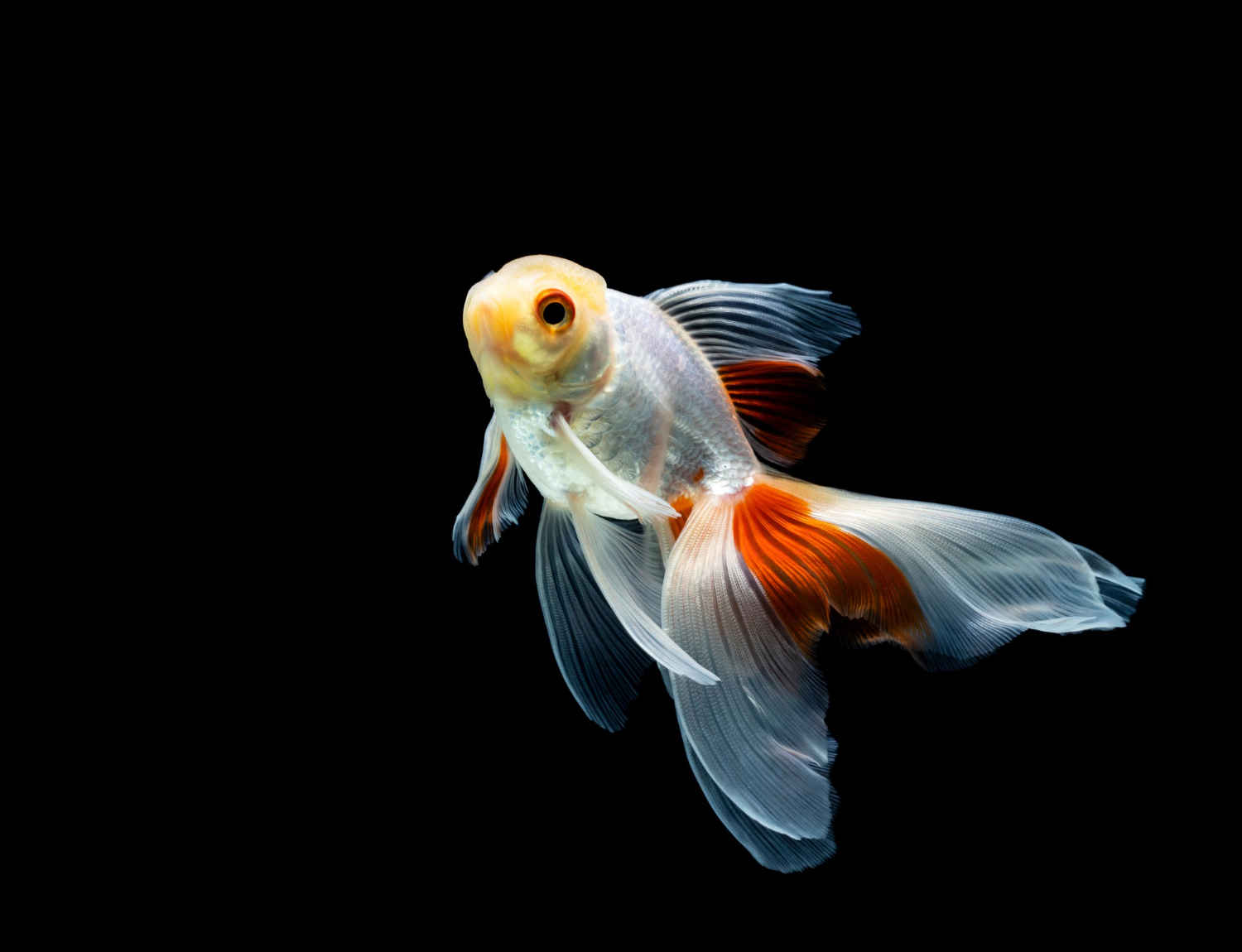Welcome to the world of fishkeeping! If you’re an aquarium enthusiast or a newbie, you know that providing your underwater pets with the best possible care is essential to their health and longevity. One of the most critical aspects of fishkeeping is feeding your fish the right type of food. With so many options available, it can be challenging to navigate the world of fish food and find the best option for your fish. In this blog post, we’ll dive into the world of fish food and uncover the best type of food for your underwater pet. So, let’s get started on this feeding frenzy!
Feeding your fish is an essential aspect of taking care of your underwater pet. Just like any living creature, fish need a balanced diet to stay healthy and happy. However, with so many varieties of fish food available in the market, choosing the right type of food for your fish can often be a confusing task. In this blog post, we will uncover the best fish food for your underwater pet, taking into consideration the different types of fish and their nutritional requirements.
Types of Fish Food:
1. Flakes: Fish flakes are the most commonly used type of fish food. They come in a variety of flavors and are easy to use. Flakes are suitable for a wide range of fish species and can be used as a staple food in their diet. However, it is important to note that not all fish species eat flakes, and some may require different types of food.
2. Pellets: Fish pellets are another popular type of fish food. They come in different sizes and are specifically designed to sink or float, depending on the species of fish. Pellets are a good source of nutrition and are perfect for fish that require a more substantial meal.
3. Freeze-dried: Freeze-dried fish food is an excellent option for fish that require a more protein-rich diet. These types of food are created by freeze-drying whole fish or shrimp, resulting in a nutrient-dense and easily digestible food source.

4. Live food: Live food, such as brine shrimp or worms, is an excellent option for carnivorous fish species. Live food provides essential nutrients and can also stimulate a fish’s natural hunting instincts.
Factors to Consider:
1. Species: Different fish species have different nutritional requirements. It is important to research the specific dietary needs of your fish species before choosing their food.
2. Age: Just like humans, fish have different nutritional requirements at different stages of their life. Young fish require more protein than older fish, while older fish may require more fiber.
3. Water temperature: The temperature of your aquarium water can also affect your fish’s nutritional requirements. For example, fish that live in colder water may require more fat in their diet to maintain their body temperature.
Choosing the right type of fish food for your underwater pet is essential for their health and happiness. By understanding the different types of fish food available and considering the specific nutritional requirements of your fish, you can ensure that they receive a balanced and nutritious diet. Remember to do your research and consult with a veterinarian or fish expert if you have any questions or concerns about feeding your fish.
Feeding your fish the right type of food is the key to keeping them healthy and happy. By understanding the dietary needs of your underwater pets and choosing the right fish food, you can help them thrive and enjoy a long, fulfilling life in their aquatic home. Whether you opt for commercial fish food or choose to make your own, remember to always provide a balanced diet that meets the nutritional needs of your fish. With a little bit of research and some careful attention, you can ensure that your finned friends are well-fed and enjoying their feeding frenzy every day.



%20-%20Copy.jpg)
.jpg)


.jpg)